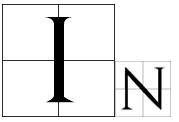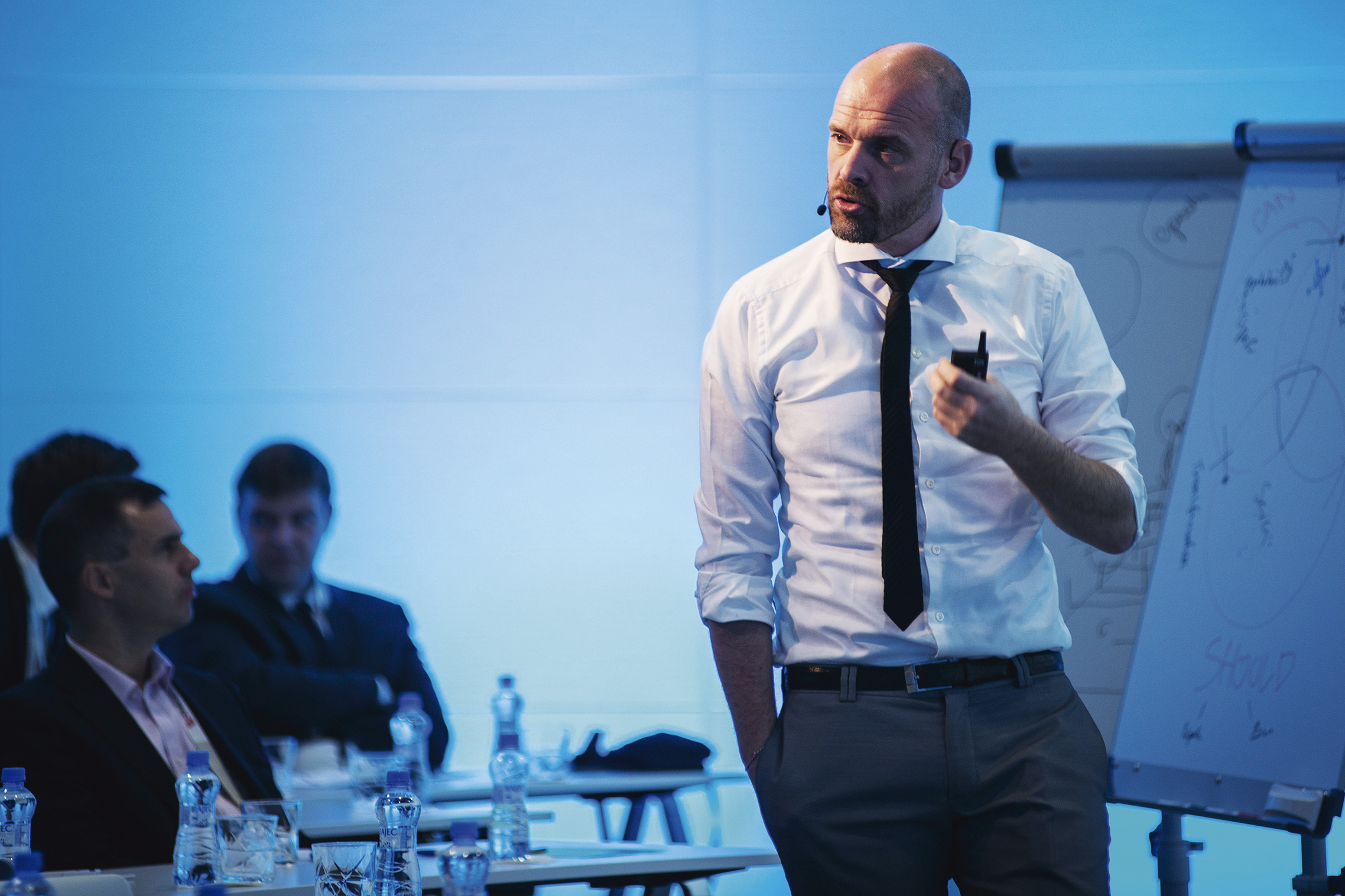 this enlightening conversation with Henrik von Scheel, the originator of the Fourth Industrial Revolution, we delve into the origins of this groundbreaking concept and its profound impact on our world. Henrik is a renowned AI speaker who has worked with governing bodies, global businesses and more to implement successful growth strategies. Hear Henrik’s planet-first approach to business, technology and sustainability in our exciting interview.
this enlightening conversation with Henrik von Scheel, the originator of the Fourth Industrial Revolution, we delve into the origins of this groundbreaking concept and its profound impact on our world. Henrik is a renowned AI speaker who has worked with governing bodies, global businesses and more to implement successful growth strategies. Hear Henrik’s planet-first approach to business, technology and sustainability in our exciting interview.
As the originator of the fourth Industrial Revolution, could you expand on the events that led you to coin the term?
“In 2008, I was asked to co-create the strategy for Germany. If we have in mind, 2008 was a big recession, and Germany is the pumping heart in Europe. So, we gathered all the industry leaders. I worked very closely with the Prime Minister, Angela Merkel, to actually define what the challenges were.
“We discovered something quite unique. We discovered that normally, in strategy, you have trends, you adapt to them for 5 to 10 years and you have one at a time. That was the first time that five transformations came together, right? So, before 2008, your phone wasn’t connected. Today, you have big data, you have social media, you have the Internet. So, what happened there? We called it the digital agenda and the European Union accepted that. That became the global theme we have to date on digitalization.
“So, this is actually the three worlds colliding together – the digital world, the virtual world, and the physical world. But it was a little bit more complex than what we thought, because 1/2 year later, we were sitting together over beer and we realized it’s not 5 trends, it’s 79 trends that are colliding together and driving a change that we have never seen. So, we called it the Industry 4.0.
“The Industry 4.0 has not changed since 2011. For example, the 19 technology sets will come in three waves. When I announced it first in 2011, people freaked out because they thought artificial intelligence would take all their jobs. AI was the second wave; now they are totally freaking out about the bio revolution, right?
“So, in reality, it comes in waves. The cyber-physical systems for organizations and manufacturers and companies, supply chain management, and the metaverse, which is a virtual reality. It’s not only gamification, like Facebook, there’s far more research and development for pharmaceutical companies’ patents. A far, far bigger universe.
“In essence, the Industry 4.0 is the core element of what we experience as human beings. We are the centrepiece of this. So, the Industry 4.0 emerges in four very distinct waves, and these distinct waves are a technology revolution moving forth until 2030. Then we have a whole wave on the environment revolution. This is what’s going on now. Then the economic revolution and finally the quantum revolution that goes to 2050. We’re in for a hell of a ride.”
Why is it crucial for businesses to prioritize Planet, People, and Profit in that order in their corporate strategy?
“In the real world, we’re seeing inflation rise, but there’s something even bigger going on beneath the surface. Covid-19 disrupted the supply chain, but there’s another aspect that doesn’t get talked about much. It’s diluted the value of money for people, so, they’re not really getting much interest on their money. Now, with inflation on the rise, the average person is losing about 25% to 30% of their asset value. That’s pretty significant when you think about it, right? So, this brings us back to the whole people, planet, and profit deal.
“I conducted a study that aimed to find out how many people we should have on this planet to strike a balance with Earth. Where we’re living in harmony, not just on top of it. You know what? The answer was 2.6 billion. But look around, we’ve way surpassed that number. Our challenge with food, energy, and things like water, they all boil down to one core issue. We’ve got too many people, and we’re sort of hooked on this growth and productivity myth.
“There are two big myths we really need to tackle. First one, globalization has been hailed as this great thing, a part of human evolution. But to be really environmentally friendly, Net Zero, we need to shift back to being localized. Local products, no more plastic, just a smaller footprint for what we consume and produce.
“We can’t keep relying on cheap apples from far-off places like Romania. We should be all about UK apples for the UK folks. It’s more sustainable, the footprint is smaller, and the quality is different. But we’ve got used to the idea of apples from all over the world. That’s a bit of a challenge, our addiction to globalization because we keep thinking growth is the answer.
“Second thing, people need to be at the heart of things, at the core of the industry. We’re all about service, people consuming from each other, selling to each other. It’s how we roll, really. Industry 4.0, it’s this idea of increasing automation through digitalization. But here’s the kicker – we’re not reducing the workload.
“So, one idea is to tax robots and automation to ease the load on people. It’s not something that gets much buzz, you know? Our pension system is broken, and that’s why we need to shift from pensions to something called universal pay. This means we cut down on our social systems, pensions, and instead, every human gets a basic income, a fundamental life, and can build upon that.
“Why is that so important? Our future hinges on innovation. We’ve kind of got fixated on one type of innovation, driven by big corporations, but that’s not the whole story. The major scientific leaps often come from outside the corporate sphere – Einstein, Niels Bohr, these folks weren’t corporate bigwigs. They had the time and luxury to think. Today, we’re kind of lopsided in our innovation efforts. So, breaking down globalization and putting people right at the center, that’s the key. Profit is always a result when you’ve got people in the mix.”
How can businesses communicate their sustainability standards throughout their supply chain?
“That’s the million-dollar question! It’s all about leadership. If you can get your executives aligned on the same page, thinking about the big forces at play and making the right choices, then you’ve got the foundation to communicate your core principles. But, let’s face it, it’s not easy.
“Most organisations struggle with strategy because they just send around documents and call it a day. Here’s the thing: 40% of your time should be spent visualizing your options, about 10% on decision-making, and a whopping 50% on execution. Not many organizations work with that formula, you know why? If you don’t visualize enough, you end up reacting rather than thinking ahead, doing some scenario thinking, ‘what if’.”
This interview with Henrik von Scheel was conducted by Jack Hayes.
Avid Writer with invaluable knowledge of Humanity!
Upcoming historian with over 30 million views online.
“You make your own life.”





